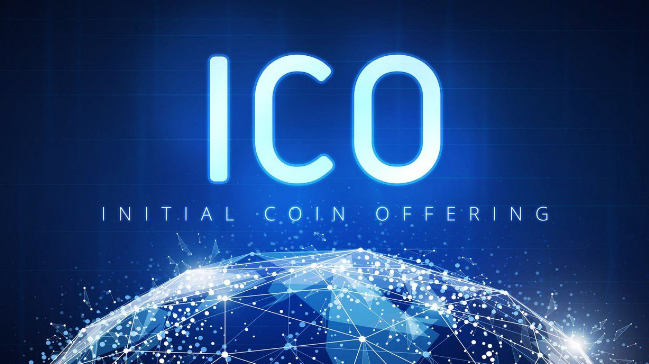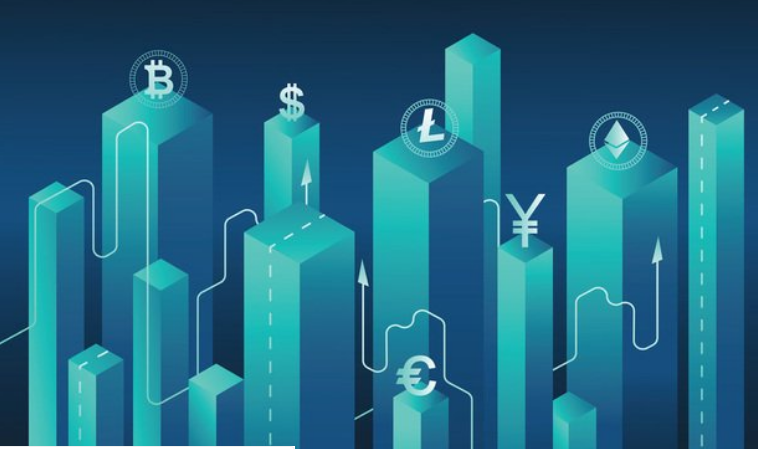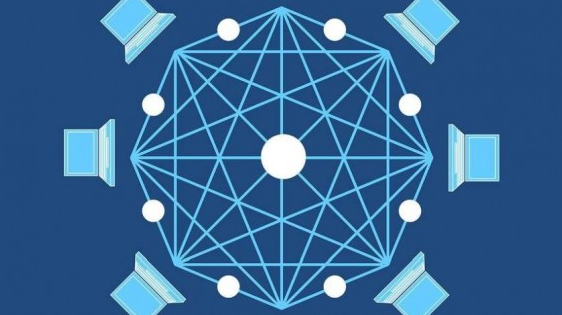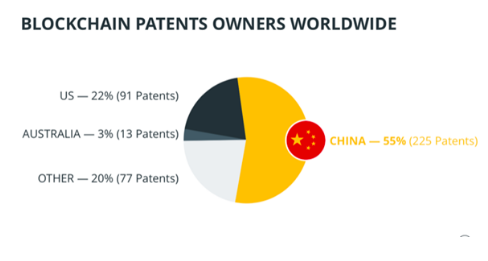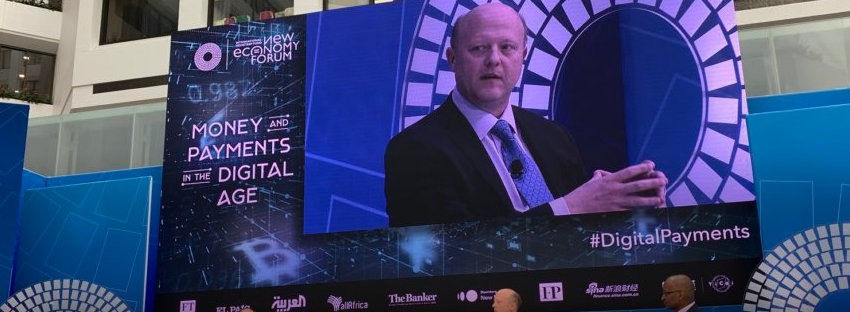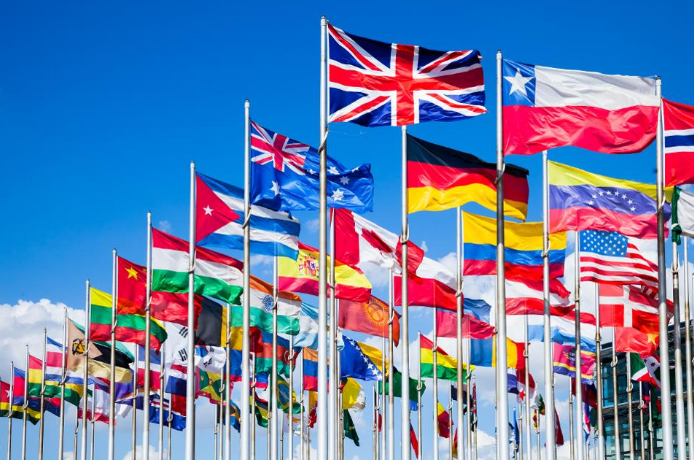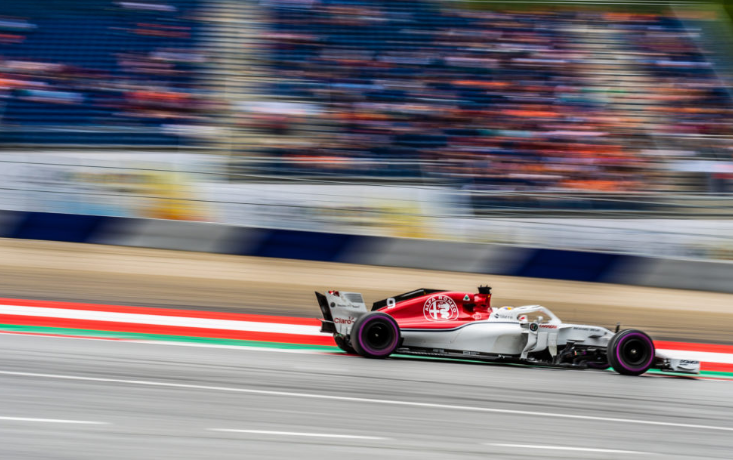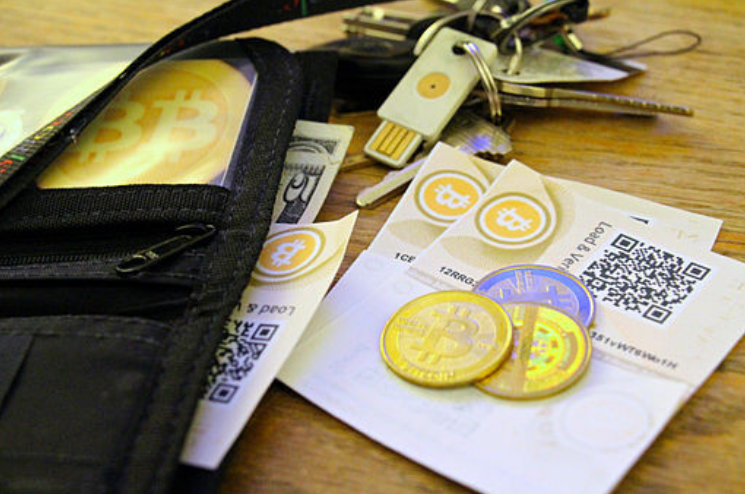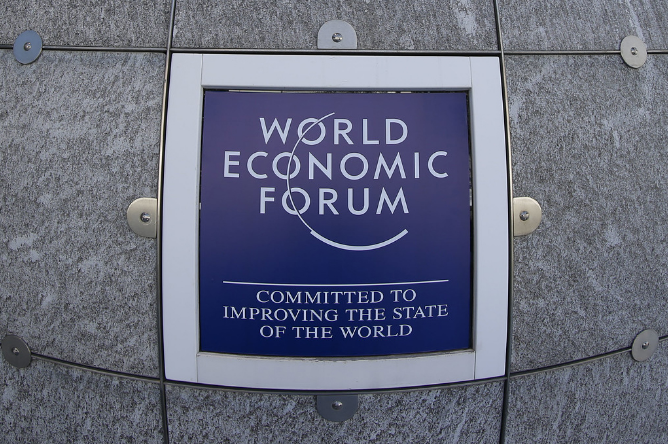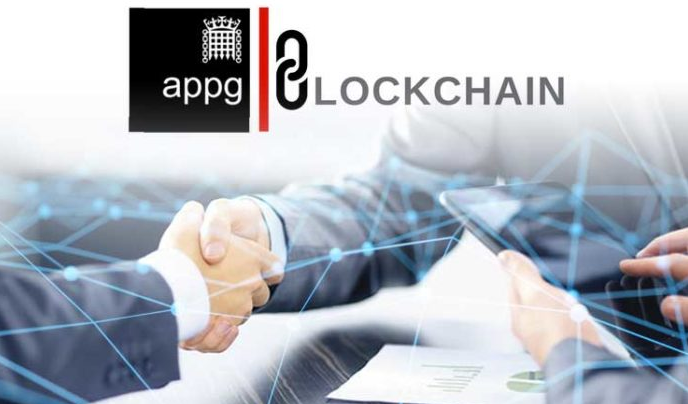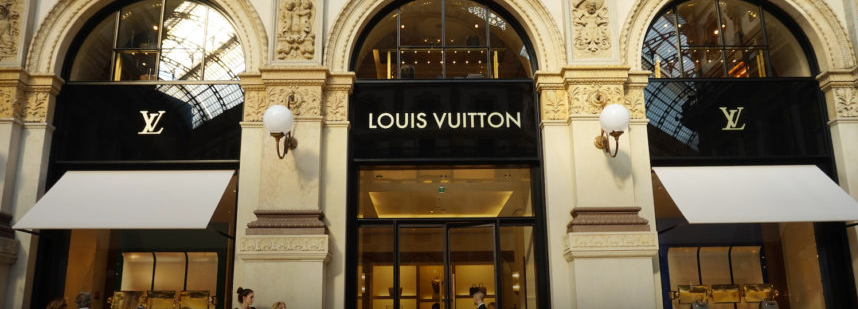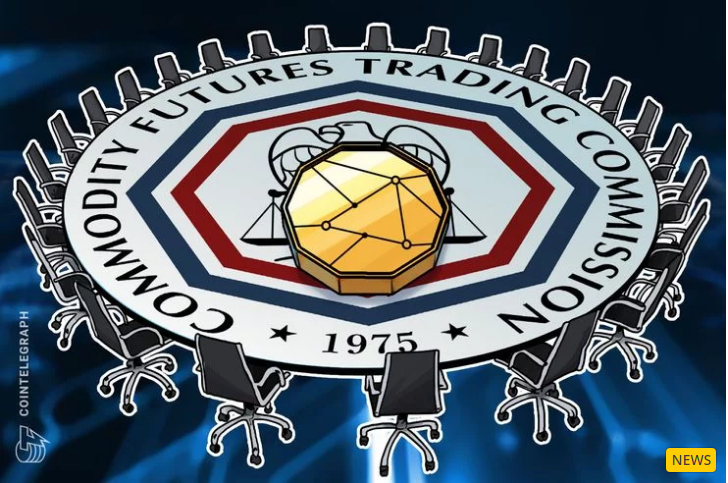 Jaguar Land Rover (Jag) has been actively investing in various businesses involved with AI and Blockchain technology for a while as it looks at how its vehicles are going to be more digital, and potentially driverless.
Jaguar Land Rover (Jag) has been actively investing in various businesses involved with AI and Blockchain technology for a while as it looks at how its vehicles are going to be more digital, and potentially driverless.Jag has now announced that it is going to be rewarding people who drive certain Range Rovers and F-Pace vehicles with Cryptocurrencies, in exchange for sharing data about road conditions such as congestion or potholes. Jag has announced it is teaming up with IOTA and will be giving its drivers these Digital Assets, which could then be exchanged for the payment of tolls, drinks or electricity to charge a car. While Jag has not confirmed when this scheme is going to be commercially available, it is already trialing it in Ireland.
Mercedes Benz last year was rumoured to be launching a Mobi Coin to reward drivers who drove in a more economical manner, with data automatically being sent to Mercedes to monitor the way its cars are being driven.
Using Digital Assets to pay people for data, whether that be personal information or about what people are actually doing, is likely to become an important way for companies to track behaviour and then design goods and services that are more relevant and appealing.



